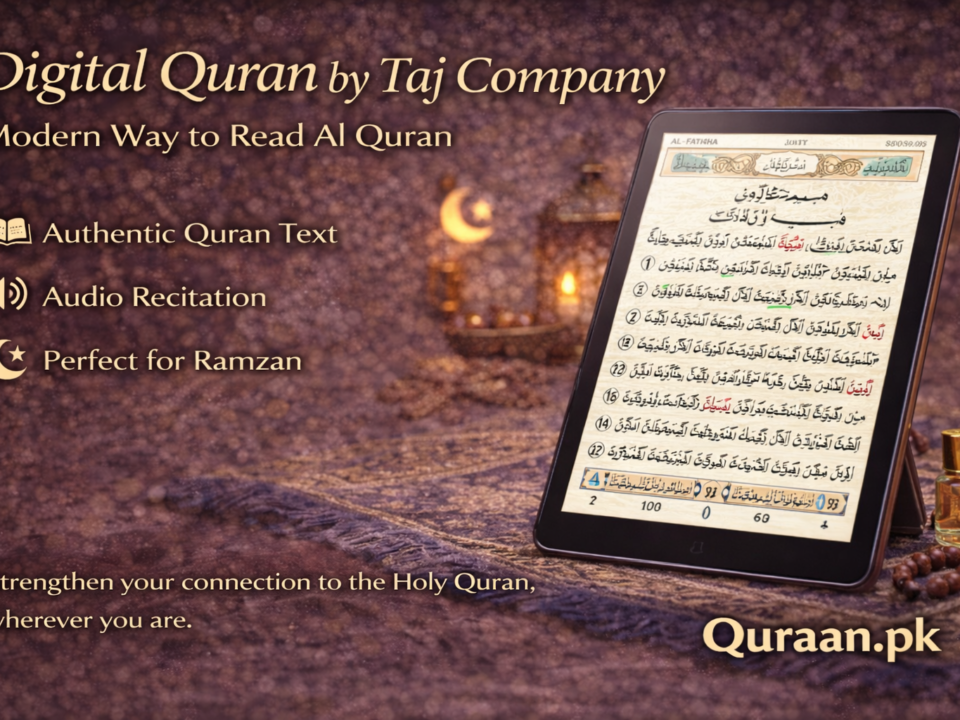Roze Ki Halat Mein Shohr-Biwi Ka Taluq — Islamic Guidance from Qur’an & Hadith
Ramadan is the month of spirituality, patience, and self-restraint, where Muslims observe fasting (Roza) from dawn (Fajr) to sunset (Maghrib), abstaining from food, drink, and physical intimacy. A common concern among believers revolves around husband-wife relationships during fasting hours — what is permissible, what is not, and what Islam teaches about it.
This article explores the topic “Roze ki halat mein shohr-biwi ka taluq” through the guidance of the Holy Quran, authentic Hadith, and Islamic jurisprudence, ensuring clarity for all Muslims while maintaining the sanctity of Ramadan.
Qur’anic Guidance on Marital Relations in Ramadan
The Holy Quran provides explicit direction regarding intimacy during Ramadan. In Surah Al-Baqarah (2:187), Allah says:
“It is made lawful for you to go in unto your wives on the night of the fasts. They are a garment for you and you are a garment for them…”
This divine verse makes it clear that intimacy between husband and wife is halal (permissible) at night after breaking the fast (Maghrib) until the time of Fajr (dawn).
Permissible Time for Marital Relations
✅ From Maghrib (Iftar) until Fajr (Sehri)
✅ Night-time intimacy does not invalidate the next day’s fast
✅ Couples may maintain affection and closeness within Islamic boundaries
Read More : Eid-ul-Fitr ki Tayyari aur Islami Adaab
Prohibited Time for Marital Relations
🚫 From Fajr (dawn) until Maghrib (sunset)
🚫 Any form of sexual intercourse during this time breaks the fast
🚫 Such an act requires repentance and expiation (Kaffara)
Prophetic Hadith on Intimacy While Fasting
The Sunnah of Prophet Muhammad ﷺ offers detailed guidance about fasting and marital conduct.
Intercourse During Fasting Hours
Narrated by Abu Hurairah (رضي الله عنه):
A man came to the Prophet ﷺ and said, “I am ruined, O Messenger of Allah!”
The Prophet ﷺ asked, “What has happened to you?”
He replied, “I had intercourse with my wife during Ramadan while I was fasting.”
The Prophet ﷺ instructed him to:
Free a slave (if possible).
If not, fast for sixty consecutive days.
If unable, feed sixty poor persons.
(Sahih al-Bukhari, Sahih Muslim)
This Hadith shows that intercourse during fasting hours is a major sin and requires Kaffara (expiation).
What Breaks the Fast and What Does Not
Acts That Break the Fast
Full sexual intercourse during fasting hours.
Ejaculation caused by deliberate intimacy, such as passionate kissing or touching.
Eating, drinking, or smoking intentionally.
Acts That Do Not Break the Fast
Kissing or light affection without lust (though discouraged if it leads to desire).
Physical closeness without arousal.
Halal intimacy at night after Iftar and before Sehri.
The Concept of Kaffara (Expiation)
If someone engages in marital relations during fasting hours, it not only invalidates the fast but also necessitates Kaffara.
Kaffara Options According to Hadith
Freeing a slave (not applicable today).
Fasting for sixty consecutive days.
Feeding sixty poor individuals.
This ruling emphasizes the seriousness of violating the sanctity of Ramadan and the need for sincere repentance.
Marital Rights and Balance in Ramadan
Islam is a balanced religion that recognizes natural human desires but also calls for self-control and discipline during fasting.
Husband and Wife’s Rights
Both partners have rights to intimacy, but only outside fasting hours.
The nighttime is meant for rest, affection, and halal closeness.
Islam avoids extremes; it does not suppress love but regulates it through divine wisdom.
Wisdom Behind Prohibition
Fasting purifies the soul and teaches self-control.
Daytime abstinence trains the heart to resist temptation.
Nighttime intimacy maintains balance — showing Islam’s harmony between spirituality and human needs.
Common Questions About Roza and Marital Relations
Is kissing allowed while fasting?
Yes, but if it causes arousal or ejaculation, the fast becomes invalid.
What if someone forgets and engages in intimacy?
If it happens by genuine forgetfulness, scholars differ — but most hold that intercourse requires Kaffara, as it involves conscious engagement.
Can husband and wife share the same bed during the day?
Yes, sharing a bed is permissible, but both must control themselves and avoid acts that could lead to breaking the fast.
Spiritual Lessons from Qur’an and Hadith
Ramadan is a time for:
Sabr (Patience): Learning to control desires for Allah’s sake.
Tazkiyah (Purification): Training the soul through self-discipline.
Balance: Allowing affection within divine boundaries.
The Qur’an beautifully describes spouses as “garments for one another” (Surah Al-Baqarah 2:187), symbolizing comfort, love, and protection — all within the framework of obedience to Allah.
Taj Company & Quraan.pk – Authentic Islamic Knowledge
For those who wish to learn authentic Islamic rulings about fasting, marriage, and other aspects of life, Taj Company provide trusted Islamic resources.
At Quraan.pk, readers can find:
Holy Quran editions in Arabic and Urdu.
Tafseer collections and Quran with translation by renowned scholars like Syed Abul Ala Maudoodi.
Taj Company Qurans, beautifully printed for easy reading during Ramadan.
Islamic books that explain Ramadan rulings, Hadith, and daily spiritual guidance.
Gift editions of the Quran, perfect for Ramadan, Nikah, or spiritual presents.
By studying from these authentic Islamic sources, Muslims can gain confidence in their understanding of religion and live according to true Qur’anic teachings.
Conclusion
The relationship between husband and wife is a blessing in Islam, but intimacy during fasting hours is strictly prohibited.
The Holy Quran and Hadith clearly permit marital relations at night yet forbid them during the day while fasting. Violating this rule not only breaks the fast but requires Kaffara, underscoring the sacredness of Ramadan.
Islam beautifully balances spiritual devotion and human emotion — allowing affection at night while training believers for self-control by day.
To deepen understanding of such rulings, believers are encouraged to read authentic Qur’an editions and Tafseer from Taj Company, available online at Quran.pk — your trusted source for Quranic learning, Islamic books, and spiritual guidance.
May Allah bless us with understanding, patience, and the ability to honor the sanctity of fasting. Ameen.




